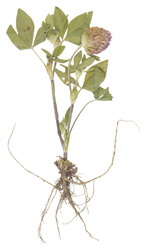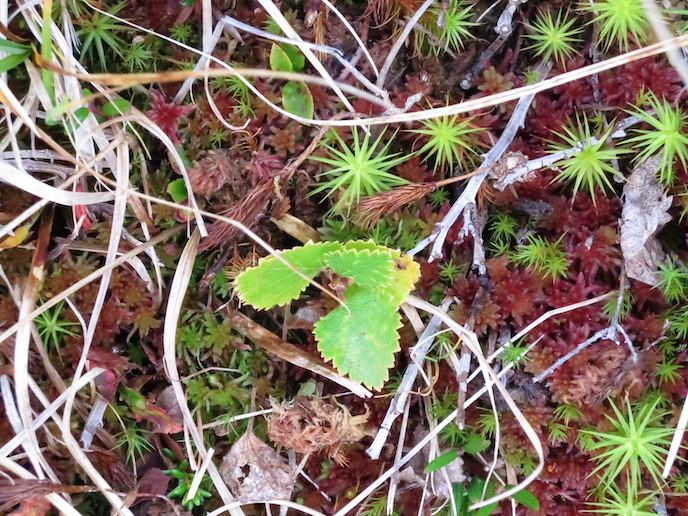Soil aids environment friendly pest management
Project findings showed that the presence of rhizobacteria had no effect on the preferences shown by plant eating organisms. Studies also revealed that the presence of rhizobacteria did not affect the performance of specialist herbivores, which only feed on one species of plant. However, rhizobacteria were found to influence the behaviour of more generalist herbivores, which eat a variety of plants. The composition of chemical compounds emitted by plants can also affect the behaviour of parasitoids. Parasitoids ultimately kill their hosts thereby acting as an indirect form of defence for plants. Researchers found that the colonisation of a plant’s roots by rhizobacteria produced changes in the plant that interfered with the parasitoids’ ability to recognise their aphid host. Studies also revealed that compounds known as 'volatiles' in plants colonised by rhizobacteria were affected by the actions of herbivores compared to plants without rhizobacteria. These results indicated that plant growth promoting rhizobacteria in the soil can affect the performance of insects on the plant's shoot. Further investigations examined optimal exploitation in long-term pest control strategies that did not rely on chemical pesticides but on a combination of biological pest management practices. In the future this will prove significant for plant growth encouraging rhizobacteria to become valuable components of a successful integrated pest management strategy.







